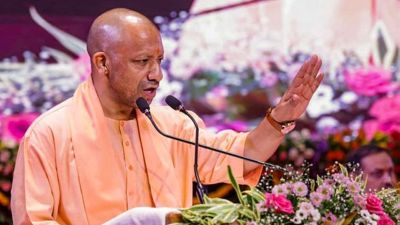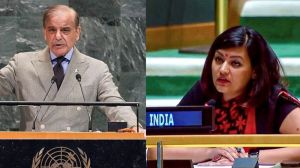Tahrir again
The promise of Egypts Arab Spring is still fragile
The streets of Egypt have risen again in anger. Tahrir Square,which turned into a republic of tents early this year and,with the fall and fleeing of Hosni Mubarak,the totem of Arab Spring,seemed to have teetered back to the days of rage on Saturday. Thousands clashed with riots police officers,and hundreds got injured,as Cairo clamoured,again,for democracy.
Egypt is just over a week away from parliamentary elections. Under any other circumstances,this would have been the triumph of Tahrir Square. This should have seen an exhilarated nation,in the heart of the Arab world,making its way to democracy like Tunisia a month ago. But in Egypt there is a palpable sense that the promises of Tahrir are being betrayed,that democracy will yet be delayed. During the days of rage,the army,which had refused to fire on pro-democracy protesters,wrested the confidence of the people enough to form the Supreme Council of Armed Forces (SCAF) to oversee the elections. Now the intentions of the SCAF,the new powers-that-be,are in doubt: is it facilitating or floundering the transition to democracy? The election on November 28 is just the beginning of a tortuous polling process that may see the appointment of a president only in 2013. The disappointment over needlessly delaying democracy is coupled with deep resentment over the militarys rule its attempts to prolong its reign,its trial of civilians in military courts and,now,its proposal to give SCAF veto power on any legislation concerning armed forces.
Hussein Tantawi,the de facto ruler since the revolution,and the SCAF need to revise the timeline and terms they have set for democracy to reclaim the trust of the people and retain the backing of the international community. Only that would signal the way ahead for Egypt and for the Arab Spring.





- 01
- 02
- 03
- 04
- 05


























